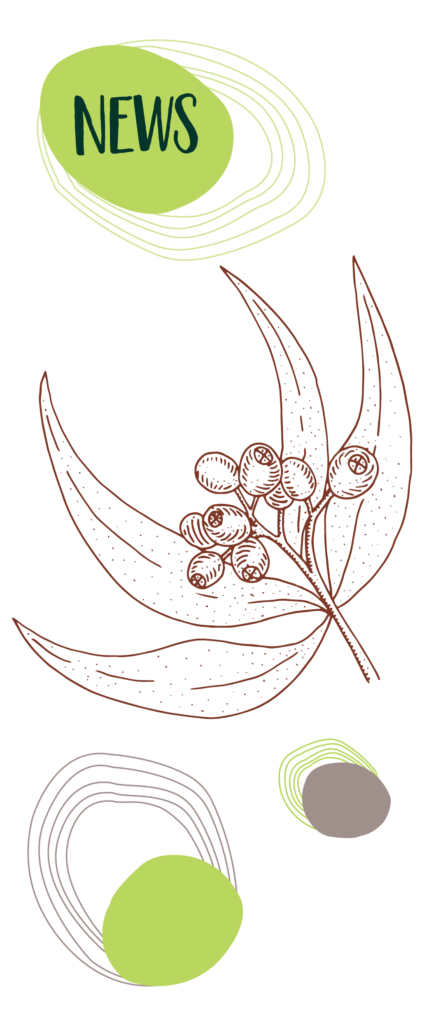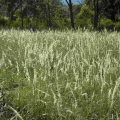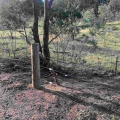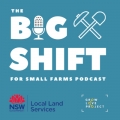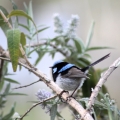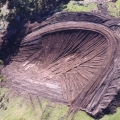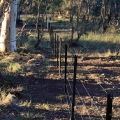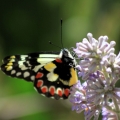Wild Encounters in the Skies Above
Our cold frosty nights and short days are seeing the majority of us head indoors to spend our evenings in the warm. Our streets are quieter. So too are our skies above, with some of our littlest nocturnal hunters gathering together to hibernate over the colder months.
The Eastern Bent-winged Bat (pictured) is a threatened species that lives in our neighbourhood and along the eastern seaboard of Australia. At just 20 grams in weight, with a wingspan of 30-35cm, these little bats are likely to be cuddling up with thousands of their friends and family in specially selected caves until the weather starts to warm.
On spring and summer nights the Eastern Bent-winged Bat hunts in forested areas, catching moths and other flying insects, generally above the tree canopy. Their ultrasonic calls have been recorded across a range of habitat types in our region including open and developed areas. By day they will roost in caves but also in other man-made habitats such as derelict mines, storm-water tunnels or buildings.
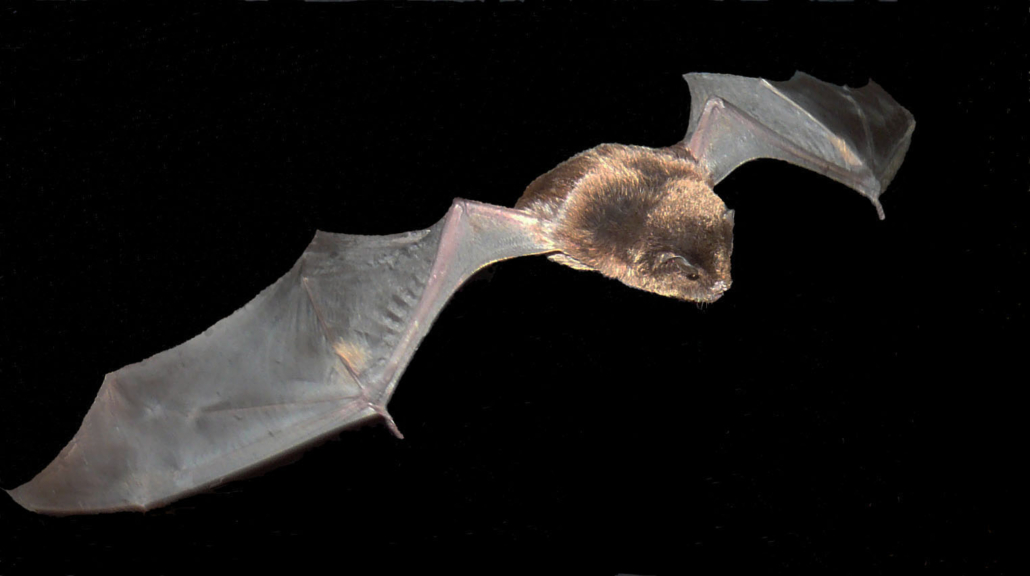
Eastern Bent-winged Bat taken by Marg Turton
If you suspect you have bat roosting sites on your property or just want to learn more about how to support these and other threatened species come along to one of Watershed Landcare’s free walks.
Their “Wild Encounters” series gives you the opportunity to enjoy a walk, guided by experts, at some key bird watching sites across the region:
- Ferntree Gully, Rylstone, Saturday 5 June 2021, a morning walk followed by morning tea.
- Putta Bucca Wetlands, Mudgee, Sunday 13 June 2021, a morning walk, followed by morning tea
These are family-friendly, free events, but registration is needed as numbers are limited.
This project is supported by Watershed Landcare through funding from the Australian Government’s Communities Environment Program.
Project Coordinator: Bethany Greenfield

